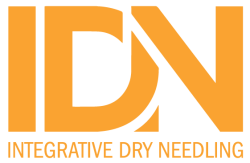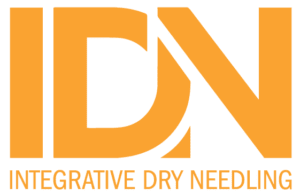BMC Complement Med Ther. 2024 Jan 2;24(1):14. doi: 10.1186/s12906-023-04301-4.
ABSTRACT
BACKGROUND: There is a continuing interest in finding effective methods for scar treatment. Dry needling is gaining popularity in physiotherapy and is defined by Western medicine as a type of acupuncture. The terms acupuncture and dry needling have been used interchangeably so we have focused on the efficacy of dry needling or acupuncture in scar treatment.
OBJECTIVE: The aim of this systematic review was to determine the usefulness of dry needling or local acupuncture for scar treatment. In our search process, we used the terms ‘acupuncture,’ ‘needling,’ or ‘dry needling’ to identify all relevant scientific papers. We have focused on the practical aspects of local management of different scar types with dry needling or acupuncture.
SEARCH STRATEGY: The search strategy included different combinations of the following keywords: ‘scar’, ‘keloid’, ‘dry needling’, ‘needling’, ‘acupuncture’, ‘treatment’, ‘physical therapy’. This systematic review was conducted in accordance with PRISMA guidelines. MEDLINE (PubMed, EBSCOHost and Ovid), EMBASE (Elsevier), and Web of Science databases were searched for relevant publications from inception through October 2023.
INCLUSION CRITERIA: The studies that investigated the effectiveness of dry needling or acupuncture for scar treatment were included.
DATA EXTRACTION AND ANALYSIS: The main extraction data items were: the needling technique; needle: diameter, length; needling locations; manual needling manipulation; number of sessions; settings; outcomes and results.
RESULTS: As a result of a comprehensive search, 11 manuscripts were included in the systematic review, of which eight were case reports, two were randomized trials and one study concerned case series. Two case reports scored 2-4 out of 8 points on the JBI checklist, five studies scored 5-7, and one study scored 8 points. The methodological quality of the two clinical trials was rated as good or fair on the PEDro scale. The case series study scored 7 of 10 points on the JBI checklist. A meta-analysis was not possible as only two randomized trials, eight case reports, and one case series were eligible for review; also, scar assessment scales and pain severity scales were highly heterogeneous.
CONCLUSIONS: The studies differed regarding the delivery of dry needling or local acupuncture for scar treatment. Differences included treatment frequency, duration, number of treatments, selection of needle insertion sites, number of needles used, angle of needle placement, and use of manual needling manipulation.
SYSTEMATIC REVIEW REGISTRATION: INPLASY no. 202310058.
PMID:38167051 | DOI:10.1186/s12906-023-04301-4


